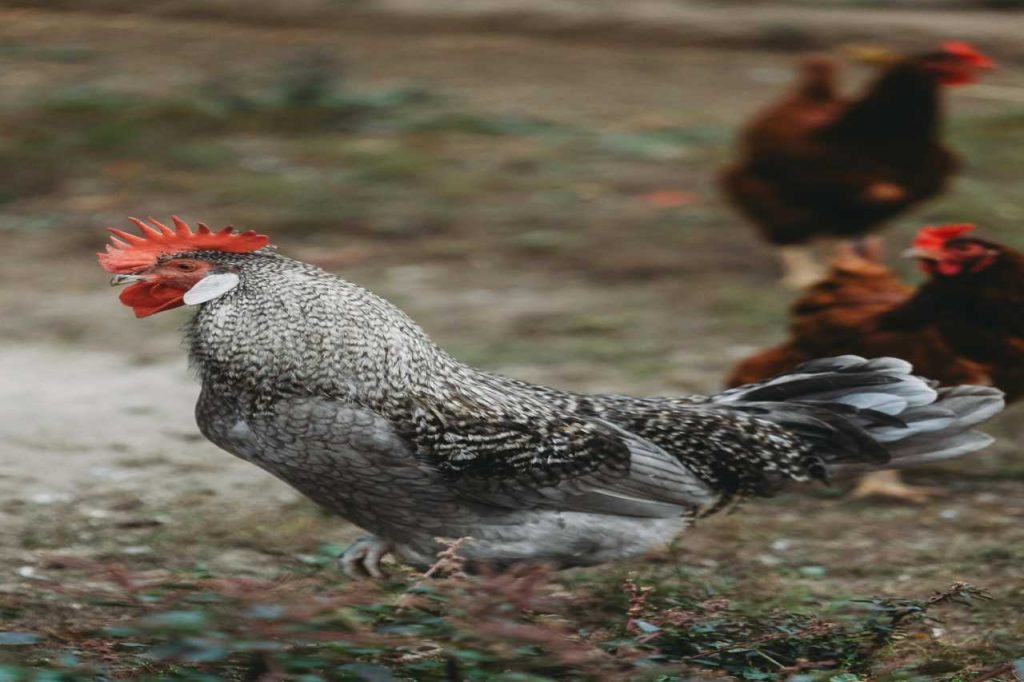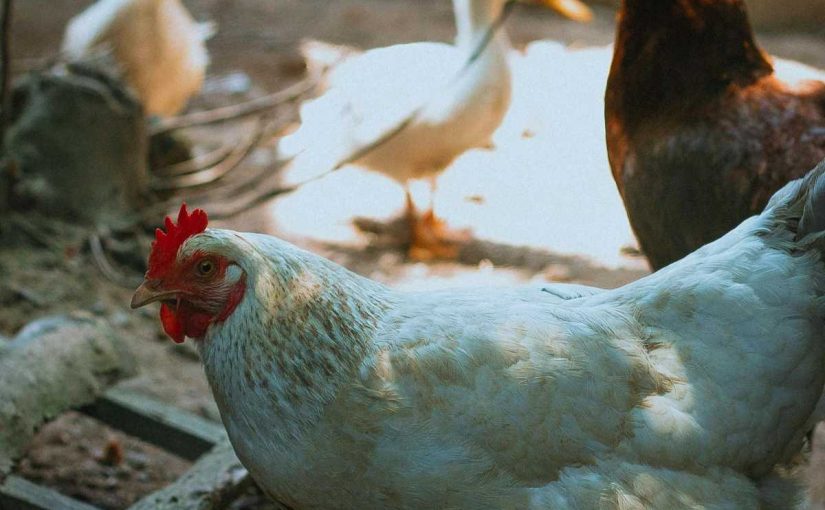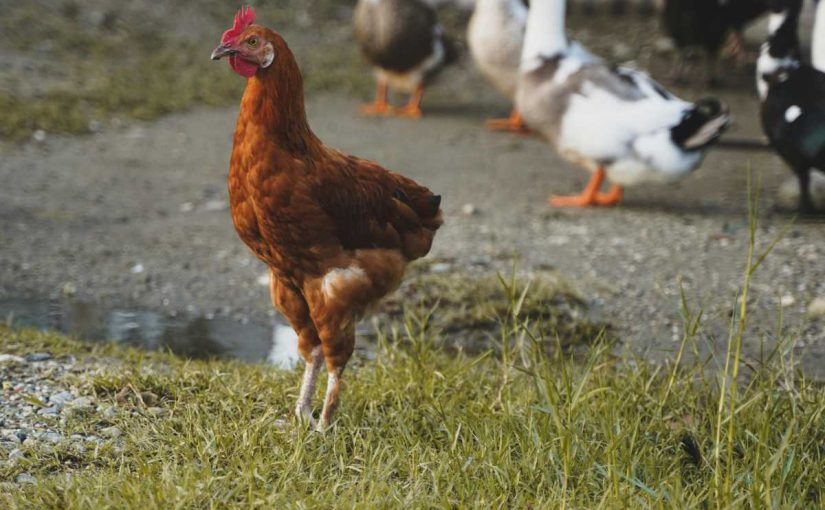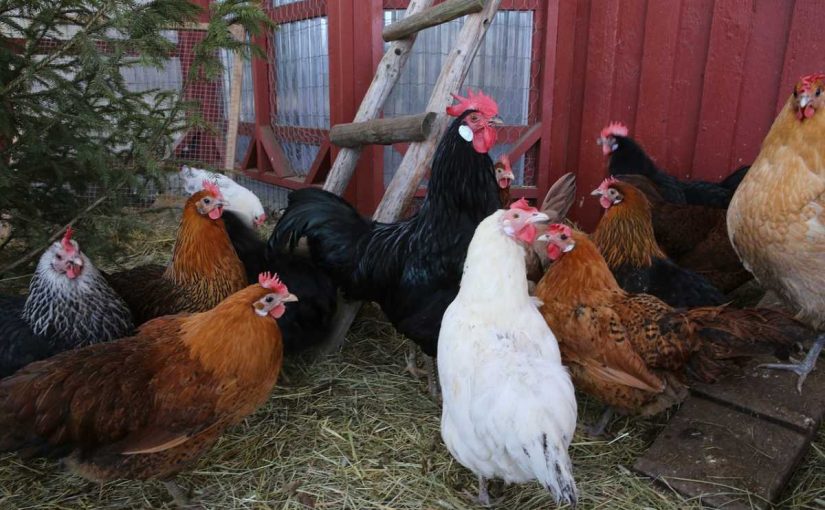Dealing with a broody hen can be a common challenge for chicken owners. A broody hen is one that has the instinct to sit on and incubate eggs, often leading to a halt in egg production and potential conflicts with other hens. Understanding the behavior of broody hens and knowing how to manage them is essential for maintaining a harmonious flock. This blog will provide practical strategies for dealing with broody hens effectively.
Understanding Broody Behavior
What is Broodiness?
Broodiness is a natural instinct that some hens exhibit when they want to incubate eggs. A broody hen will often puff up, cluck loudly, and may become more aggressive when approached. She will spend most of her time sitting in the nesting box, which can lead to a decrease in egg production and potential health issues if not addressed.
Why Do Hens Go Broody?
Several factors can trigger broodiness, including:
- Hormonal Changes: The hen’s reproductive hormones increase, prompting the instinct to sit on eggs.
- Presence of Eggs: Hens are more likely to become broody if there are eggs in the nesting box.
- Breeds: Certain breeds, such as Silkies and Cochins, are more prone to broodiness than others.
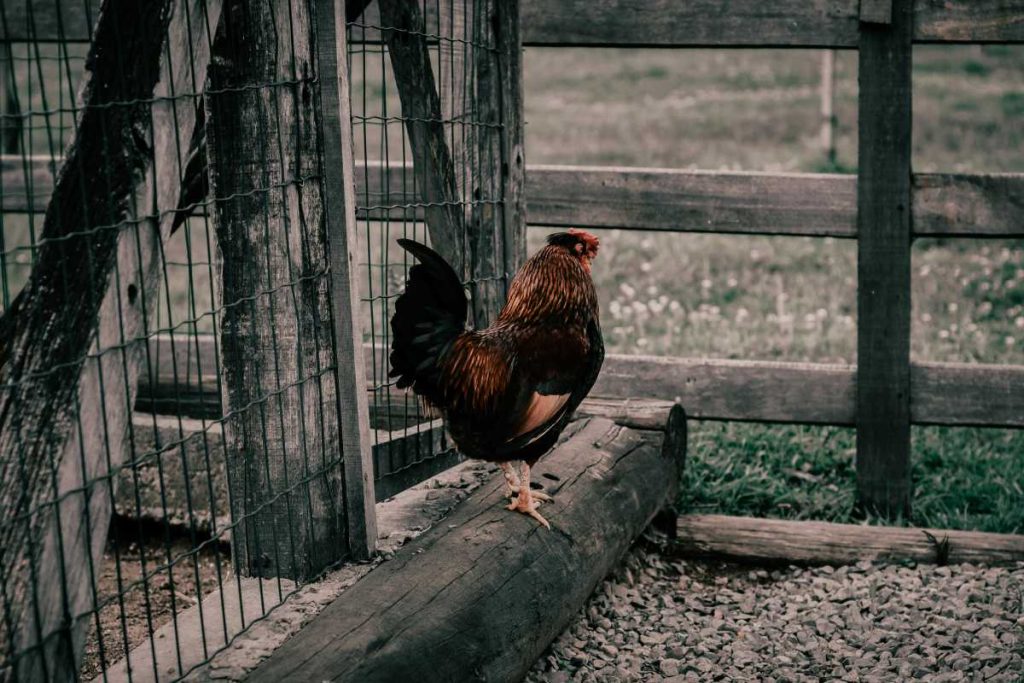
Recognizing the Signs of a Broody Hen
Before taking action, it’s essential to recognize the signs that a hen is broody:
- Sitting on Eggs: The hen spends most of her time in the nesting box, often refusing to leave.
- Puffed Feathers: She may puff up her feathers and appear larger when approached.
- Vocalization: Broody hens may cluck loudly or make other noises to signal their intent.
- Aggression: A broody hen may peck or act aggressively toward other flock members when they approach her nesting area.
Strategies for Managing Broody Hens
- Allow Natural Incubation (If Desired)
Why: If you want to hatch chicks, allowing the broody hen to continue incubating can be beneficial.
How: Provide her with a clutch of fertilized eggs. Ensure she has a safe, comfortable nesting area with minimal disturbances.
Tip: Monitor her closely to ensure she’s turning the eggs and maintaining proper incubation temperatures. - Breaking the Broody Cycle
Why: If you don’t want to hatch chicks, it may be necessary to break her broodiness.
How:- Remove Eggs: Take away any eggs from her nesting area. This may encourage her to leave the nest.
- Limit Nesting Time: Gently remove her from the nesting box a few times a day to encourage her to engage in other activities.
- Change the Environment: Move her to a different area of the coop or pen for a few days to disrupt her routine.
- Provide Distractions
Why: Keeping the hen occupied can help reduce her desire to sit on eggs.
How:- Offer Treats: Provide her with treats, like kitchen scraps or grains, in other areas to entice her away from the nesting box.
- Introduce New Activities: Allow her to forage outside or introduce new perches and toys to stimulate her interest.
- Implement a Broody Box
Why: A broody box is a confined space that can help break a hen’s broodiness without causing stress.
How:- Create a Broody Box: Construct a well-ventilated box with a solid bottom and place it away from the nesting area.
- Place Her Inside: When you notice a hen going broody, place her inside the box for a few days with food and water.
- Monitor Health
Why: Extended broodiness can lead to health issues, such as weight loss and weakened immune function.
How:- Check Her Weight: Regularly check her weight and body condition. If she appears to be losing weight, consider breaking her broodiness sooner.
- Observe Behavior: Watch for signs of distress or illness. If she shows unusual symptoms, consult a veterinarian.
Conclusion: Handling Broody Hens with Care
Dealing with broody hens requires a mix of understanding, patience, and proactive strategies. By recognizing the signs of broodiness and implementing the appropriate management techniques, you can maintain a healthy flock while meeting the needs of your hens. Whether you choose to allow a hen to hatch chicks or break her broodiness, ensuring her well-being is essential. With the right approach, you can enjoy the benefits of raising chickens while managing the challenges of broody behavior. Happy chicken-keeping!

